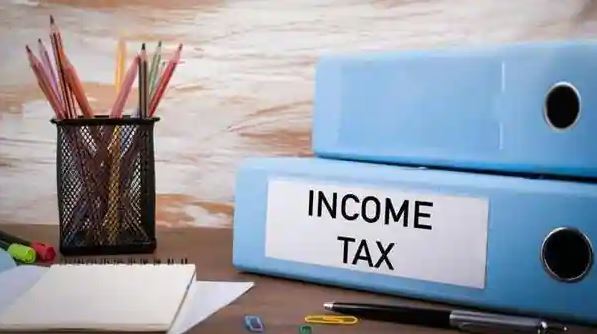There is a provision of tax exemption on arrears of salary under section 89(1) of Income Tax. This exemption will be available to those who have got arrears in the current financial year, but the arrears are from the previous financial year. This section allows you to claim tax exemption on arrears and calculate tax by deducting arrears or excess payments from your total income for the year
Sometimes the tax liability increases due to receipt of arrears or additional payment. Actually, on adding arrears or additional income to the total income of a person for the current financial year, his tax also becomes higher. These could be arrears of salary, pension, rent or any other income which was actually due in the earlier years but was withheld at that time.
For example, if an employee gets an arrear of salary in 2022, but this arrear is of 2021, then he may have to pay higher tax on the arrear in 2022. In such a situation, if the taxpayer’s liability increases due to arrears, he can claim tax exemption on arrears under section 89(1) of the Income Tax Act, 1961.
Section 89(1) of the Income Tax Act, 1961
There is a provision of tax exemption on arrears of salary under section 89(1). This exemption will be available to those who get arrears in the current financial year, but that arrears are of the previous financial year. This section allows you to claim tax exemption on arrears and calculate tax by deducting arrears or excess payments from your total income for the year.
The amount of tax exemption available under section 89(1) is computed as follows:
First the tax liability of the year in which the arrears are received is determined. Thereafter, the tax liability is assessed for the year in which the arrears are received (assuming that the arrears are received in the same year itself). Exemption is available only on the difference between the two tax liabilities.
How to claim exemption under section 89(1)?
To claim exemption under this section, the employee has to fill Form 10E. The purpose of this section is to prevent unnecessary increase in tax liability. By availing the exemption under this section, it can be ensured that only income relating to the current year is taxed.
It is important to note here that the relief under section 89(1) is only for income from salary and pension. The provisions of this section do not apply to income from business or profession.
All answers related to Form 10E
What is Form 10E?
In case of salary, pension etc., arrears or advance can be claimed for exemption under section 89. To claim such exemption, the assessee has to file Form 10E. This form should be filled before filing income tax return.
Do you need to download or submit Form 10E?
No, there is no need to download Form 10E, as the e-filing portal (https://www.incometax.gov.in/iec/foportal/)
It can be submitted after logging in.
When should you file Form 10E?
This form should be filled before filing income tax return.
Is it necessary to fill this form?
Yes, if you want to claim tax exemption on arrears/advance income, you need to fill this form.
What if you do not file Form 10E but claim exemption under section 89 in ITR?
In such a situation, your ITR will be processed, but the exemption claimed under section 89 will not be available.
How do you know that the Income Tax Department has not allowed exemption in your ITR?
If the exemption under section 89 is not available, the Income Tax Department will inform you after processing the ITR.
